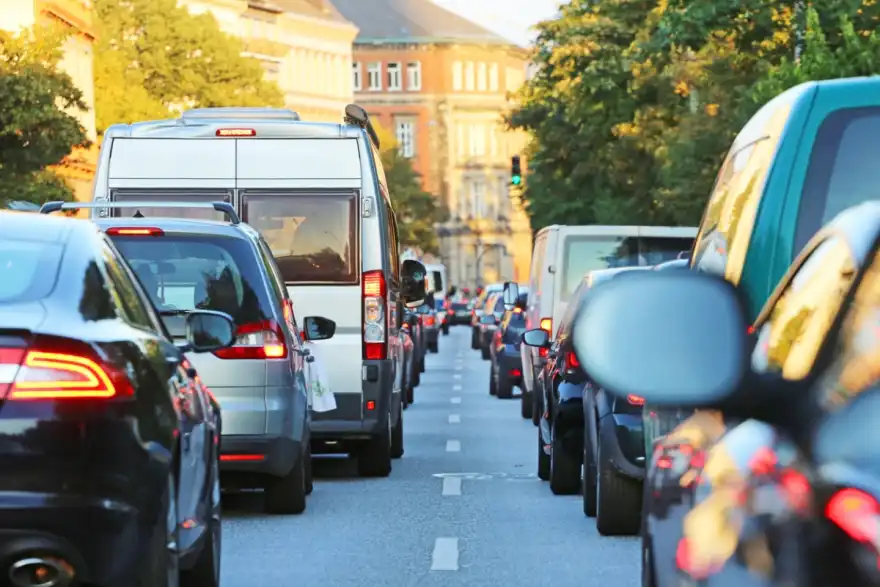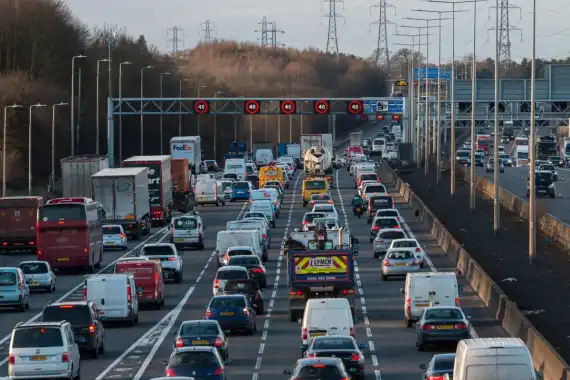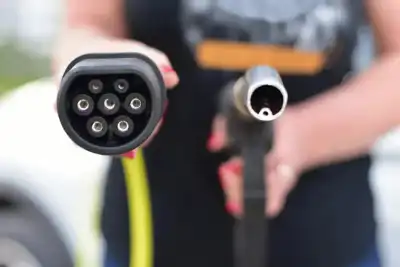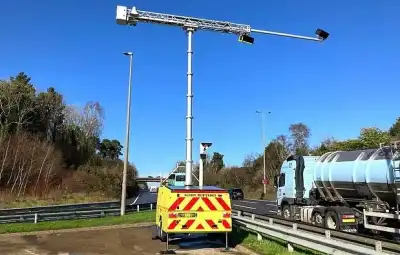
With the current number of vehicles in the UK sitting around the 38.4 million mark, our roads are becoming increasingly busy across the land. According to the Global Traffic Scorecard, an annual report put together by Inrix congestion cost the UK nearly 8 billion in 2018 alone.
An average number of 178 hours were wasted by each road user in congestion last year, that’s an equivalent cost of £1,317 per driver, but some areas are higher. The report covers the top 20 urban locations in the UK. Naturally London was the worst with 227 hours lost, roughly £1,680 per driver. Edinburgh suffered the biggest inflation year on year, with a 10% increase in hours lost in congestion. Liverpool saw the figure decrease by 16%, but that still equated to 119 hours. Birmingham took second place with 134 hours lost and an intercity mile taking 5 minutes to travel at a speed of 12 MPH with an average cost of £994 for every driver.
The report also rates the worst congested corridors in the UK, London takes the top three spots with the A406 from Chiswick roundabout causing a 15-minute daily delay, that equates to 61 hours per year. Next is the A23 from Kennington, 14 minutes daily, 56 hours a year and lastly the road leading from Russel Square to Monument, 12 minutes per day, 49 hours a year.

Far from inconveniencing motorists alone, these delays equate to more than commute frustrations. They cause missed meetings, late appointments and delayed deliveries, all of this compounds the lost time and salaries being paid for people to sit idle in traffic, let alone the fuel being burnt.
One of the most interesting stats to come out of the report are the last mile journey times and speeds. The average time of a last mile across all 10 of our most congested urban areas is 6.4 minutes, with an average speed of 9.9 MPH. To put that into perspective a chicken can manage 9 MPH while a mouse can run at 8 MPH.
Congestion is also a big issue in built up, urban environments, and the more vehicles that are stationary pumping out fumes the worse things get. Last mile transport in cities needs to be rethought, especially when it comes to the use of electrified transportation on our pavements. Our archaic laws that mean devices like Segway’s, electric scooters and single wheeled devices are illegal on our paths.

The government, whether it be local or national push the public transport route, with many places such as Oxford adopting a park and ride approach, but the crux of this issue is that humans generally dislike other humans, and certainly don’t want to share space with them. Given the choice of a bus or an electric scooter, you can bet the scooter will win. All while making that last mile journey at 12 MPH or 5 minutes. The current highest last mile time out of our top 10 congested cities is 8 minutes with the lowest being 5, while speeds vary from 7 MPH to a dizzying high of 13.
It could be worse though, London is number 6 in the list of worst congested cities in the world. Moscow reigns supreme followed by Istanbul, Bogota, Mexico City and Sao Paulo. Hopefully, advances in technology like autonomous delivery robots as well as a changing environmental outlook will help planners and those in charge to embrace alternative transport for inner cities. Without it, we can all face longer journey times and a more frustrated life on our roads.




